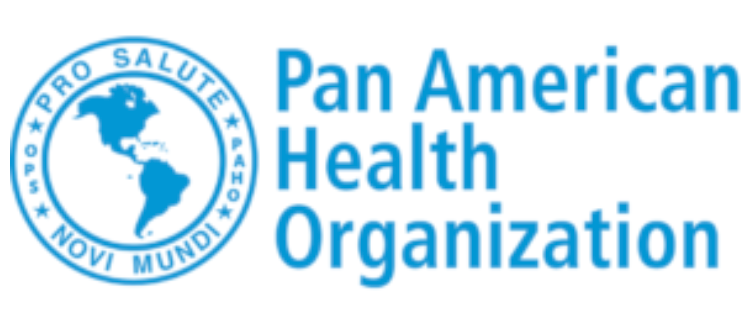From June 13-15, Director of the Pan American Health Organization (PAHO) Carissa F. Etienne visited the country in response to an invitation issued by the Venezuelan government during the World Health Assembly held in May 2018. The main topics covered were the current state of the health system, access to medicines, and the government’s plans to respond to the outbreaks of measles, diphtheria, and malaria. During her visit, Dr. Etienne met with representatives of the government, other United Nations (UN) agencies, and eight civil society organizations that focus on health care.
In the context of the visit, President Nicolas Maduro expressed his intention to purchase vaccines and supplies, oncological drugs, immunosuppressants, and treatments for other chronic diseases through the PAHO’s Revolving Fund for Vaccines and the Strategic Fund for Medicines. Thanks to these two funds, PAHO has been able to provide millions of doses of vaccines that protect against measles, mumps, rubella, diphtheria, tetanus and whooping cough, antimalarial drugs and rapid testing kits. In his Twitter account, the former public health minister (who was replaced on June 25, 2018) referenced “the agreements reached to acquire medicines.” However, civil society organizations reported that no accord had been signed.
In the encounter with PAHO’s director, civil society organizations representatives raised concerns about the deterioration of Venezuela’s health situation, including major failures in the primary care and hospital systems, deficits in the distribution and access to medications, corruption, and threats against human rights activists. Although the NGOs recognized the relevance of PAHO’s aid, they raised concerns about the lack of transparency in the distribution process, noting that medication is only accessible through official government channels.
A week after the visit, PAHO published a report on the health situation in Venezuela, highlighting that “the socio-political and economic situation in Venezuela has negatively affected social and health indicators.” The document highlights a considerable increase in the number of infectious diseases. For instance, between 2015 and 2017, malaria cases almost tripled from 136,000 to 406,289, while measles cases have spread to 21 of the 24 states in the country. Similarly, PAHO registered 1,716 cases of diphtheria, including 160 deaths between 2016 and 2018. In addition, the report shows other worrying public health trends, including increases in the HIV infections, tuberculosis, and maternal and infant mortality.
According to PAHO, some of the causes of the rapid weakening of primary health services include the fragmentation of the health care system, the migration of medical personnel (around 22,000 doctors have left Venezuela), and the lack of medicines and basic health products. For example, 15 of the 25 antiretroviral drugs purchased by the government have been exhausted for nine months. The report also highlighted public health concerns in the neighboring countries of Colombia, Brazil, Trinidad and Tobago, Ecuador, and Guyana, as result of the migration of approximately 1.6 million Venezuelans to these countries.
Finally, PAHO’s report issued some recommendations to ensure the provision of health care in Venezuela, including the urgent development and implementation of an action plan to stop the transmission of measles and diphtheria, the reduction of mortality rates caused by malaria, particularly in vulnerable populations, and the assured functionality of hospital services and essential public health functions.
There are several positive results from the high-level visit. First, the international community, particularly PAHO, was able to obtain credible data on Venezuela’s deteriorating health situation in terms of the causes, the magnitude, and the implications for different parties including health authorities, civil society, and UN agencies. Second, international organizations could take advantage of the government’s willingness to work with PAHO and explore ways of bringing medicines and medical supplies into the country, particularly through the Revolving and Strategic Funds. Third, PAHO could potentially expand its role in addressing Venezuela’s deteriorating health situation, which includes extending the provision of high-priority medicines, supporting health care system reforms, working with civil society organizations, and determining the impact of international sanctions on the acquisition of medicines.
*Teresa García Castro is a Program Associate, WOLA.



